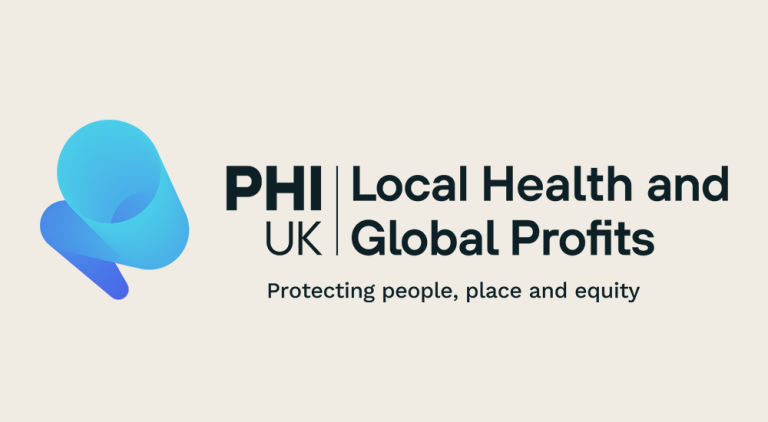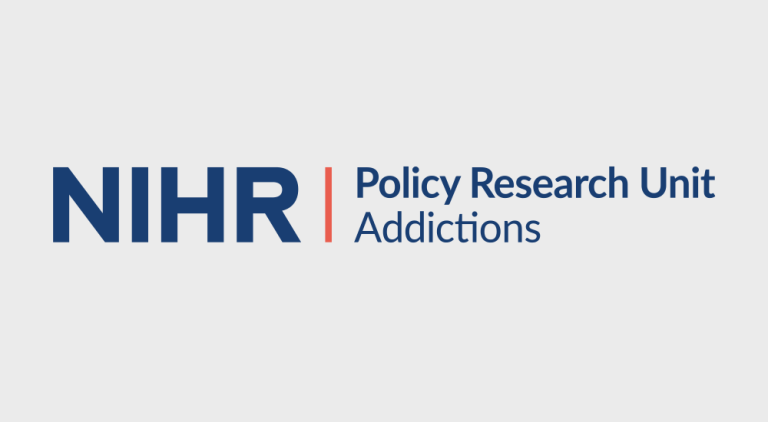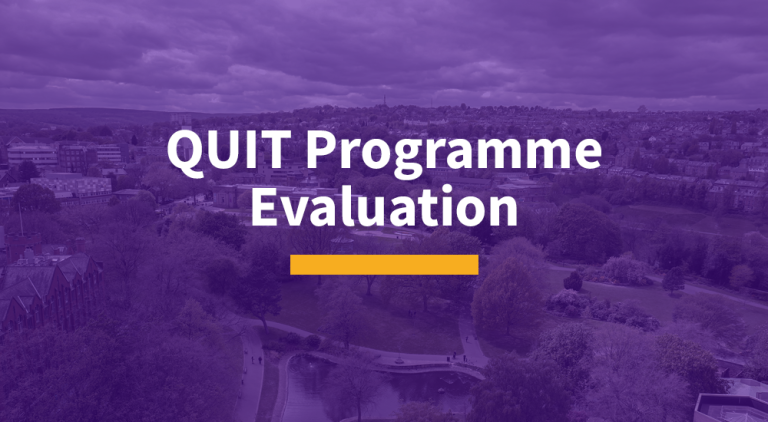Tobacco and nicotine research
Our research examines the behavioural, social and commercial factors that influence tobacco and nicotine use, as well as the health and economic impacts of new policies and interventions. The goal is to provide evidence that supports informed decision-making by policy-makers and practitioners. We are currently collaborating with national programmes of research as part of the NIHR Policy Research Unit in Addictions and the NIHR School for Public Health Research.
Our work spans several key areas:
Policy modelling
- Smoking prevalence and national smoke-free targets: Using the Sheffield Tobacco and Alcohol Modelling Platform (STAPM) we develop sophisticated models to forecast future trends in smoking prevalence and assess the impact of various tobacco control policies, such as changes to tobacco taxation. Our modelling work has informed policy and public debate in England, Scotland and Wales.
- Economic impacts of tobacco control: We quantify the economic effects of tobacco control policies, including effects on government tax revenue, worker productivity, macroeconomic effects and healthcare costs.
- Vaping and new nicotine product research: We are developing new models to investigate the role of e-cigarettes and other types of non-tobacco nicotine products in smoking cessation, and also to model the public health implications of changes to nicotine product use among people who have never previously smoked tobacco.
Supporting smoking cessation
- Flexible stop smoking services: We evaluate innovative approaches to delivering stop smoking support, including improvements to community stop smoking services, hospital-based tobacco dependence treatment services and the integration of smoking cessation support with other healthcare settings.
- Smoke-free outdoor spaces: We conduct research to inform the implementation of smoke-free outdoor spaces, including university campuses and public areas.
Understanding behavioural complexity
- Behavioural modelling: We use advanced modelling techniques to understand the complex behaviours that drive smoking cessation and relapse. This research aims to develop more effective personalised interventions.
- Experimental approaches: We are developing research programmes using behavioural choice experiments to understand people's fine scale responses to new tobacco and nicotine policies, and the behavioural mechanisms that underlie these responses.
Young people
- Including young people in research: We are conducting participatory work with young people to understand their perspectives on smoking and vaping and how these can inform decision-making on tobacco and nicotine policy at local and national levels.
Related news
-
SARG researchers to showcase local health modelling at the Prevention Research Conference 2026
Researchers from the Sheffield Addictions Research Group (SARG) will present work from the Local Health and Global Profits programme at the Prevention Research Conference 2026 in Birmingham on 4-5 March.
-
New research shows that spending less on tobacco, gambling and sweets is good for the UK economy
A new study from the Sheffield Addictions Research Group (SARG) has found that public health policies which reduce spending on harmful products can actually provide a significant boost to UK jobs and the wider economy.
Get in touch
Contact Dr Duncan Gillespie to talk about our tobacco research.
Tobacco projects and other research
-
Evaluating Sheffield City Council's smoking cessation incentive scheme for priority groups
This project is evaluating Sheffield City Council's smoking cessation incentive scheme for priority groups, aiming to assess its effectiveness and inform future service improvements.
-
Supporting tobacco and vaping policymaking by including youth voices in local authority responses to new national legislation (STAR)
The STAR project aims to understand how local authorities can effectively incorporate youth voices in the development of policies related to the new national tobacco and vaping legislation.
-
SPIRE
'Scoping of Policy Impacts for Regulating E-cigarettes (SPIRE): a data and decision analytic model mapping project' aims to learn what type of research about vapes would be most useful for policy making, what data already exists to go into this type of analysis and what new data are needed.
-
Local Health and Global Profits
Working alongside local governments, local populations, public health practitioners and civil society groups, the Local Health and Global Profits project aims to understand the building blocks, including commercial factors, impacting on communities' health.
-
Policy Research Unit in Addictions
NIHR Policy Research Units (PRUs) undertake research to inform government and arms-length bodies making policy decisions about health and social care. The units create a critical mass of experts for research in priority areas for health and social care policy.
-
QUIT Programme Evaluation
Yorkshire Cancer Research commissioned the Sheffield Centre for Health and Related Research (SCHARR) at the University of Sheffield to carry out a comprehensive evaluation of hospital-based stop smoking services in the region, starting with the Quit programme.
-
STAPM
The Sheffield Tobacco and Alcohol Policy Modelling Platform (STAPM) research programme aims to identify and evaluate approaches to reducing the harms caused by tobacco and alcohol consumption. By providing policymakers with evidence-based insights, STAPM seeks to improve public health policymaking and commissioning.
-
Targeting multiple levels of 'the smoking cessation system' using novel scientific approaches
This programme will develop and apply novel scientific approaches to increase the population rate of smoking cessation.
-
SPECTRUM
The SPECTRUM Consortium is a multi-university, multi-agency research consortium focused on the commercial determinants of health and health inequalities, funded by the UK Prevention Research Partnership.
-
Evaluation of the North Yorkshire County Council Living Well Smokefree Service
This mixed-methods evaluation explored the feasibility and acceptability of a hybrid smoking cessation service (one which offers remote, face-to-face and blended provision).
-
Smoke-Free University Initiative
The Smoke-Free University Initiative is supporting the co-development of a University of Sheffield smoke-free policy with university and community stakeholders
-
SYNTAX
The SYNTAX project aimed to provide evidence and tools to inform the potential scale of effects of taxation across tobacco and alcohol as an intervention to improve public health and reduce health inequalities in the UK.












